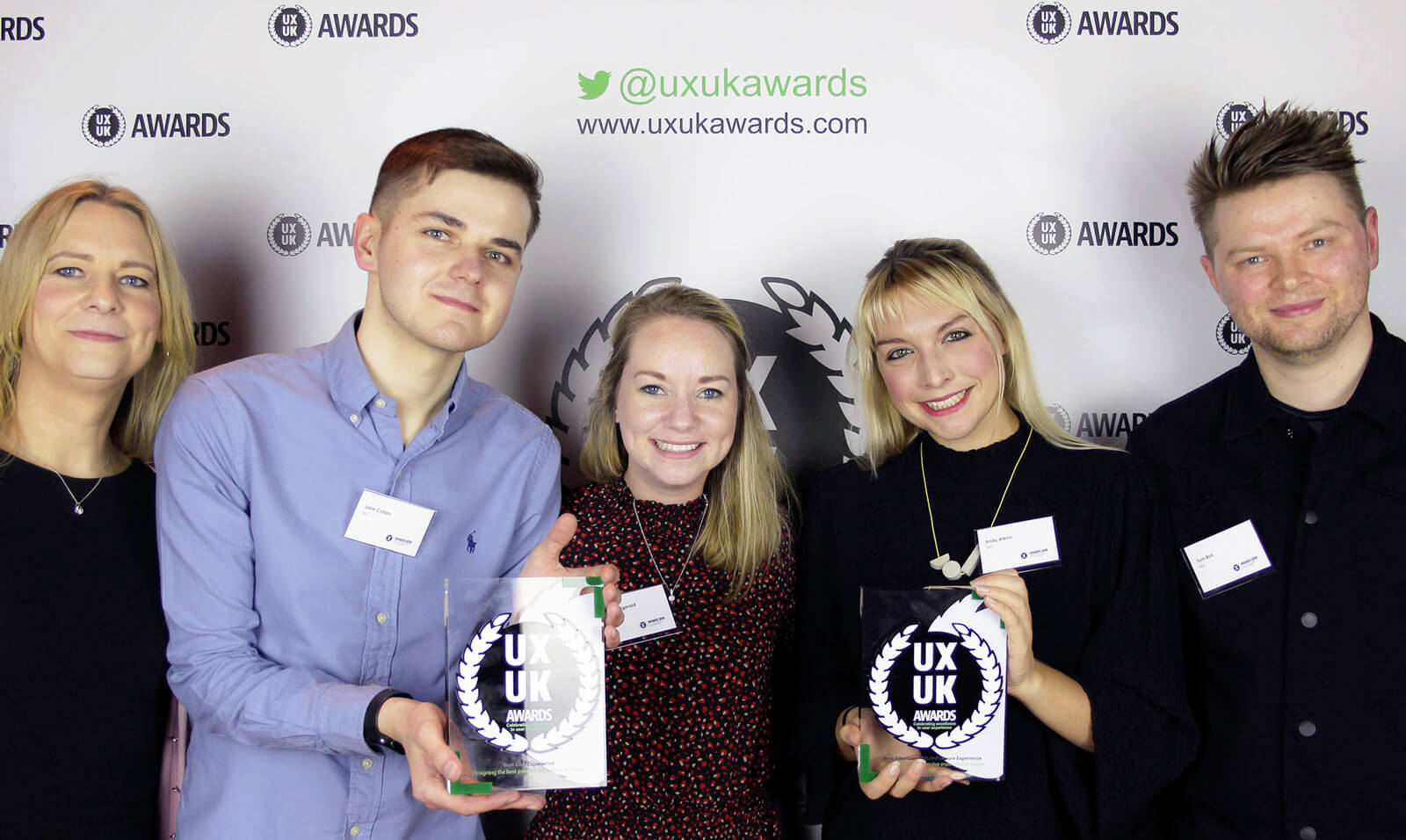Jake Cohen works for the BBC as a UX designer. His first major project was to design a new platform to showcase the broadcaster's extensive range of kid's programmes. Here he gives us an inspirational insight into his career, his current role and the skills needed to work in digital service design.
Why did you decide a career in UX design was right for you?
Quite simply, I love designing things. Equally, I am fascinated by people - how they think, how they feel, how they do things. Combining these two qualities with a passion for problem solving makes the perfect recipe to be a user experience designer.

Tell us about your own personal journey to get to where you are today?
I moved to Scotland when I was 19 to study Product Design at the Glasgow School of Art. The course provided me with invaluable skills in product and service design, and began the start of my passion for designing for humans. I also spent time studying human centred design in America, designing for disabled people with multiple diagnoses. This was a critical milestone in the journey to where I am now. It showed me that I had the power to influence people’s lives for the better - both through technology and design. After graduating, I snapped up the opportunity to work as a Service Design Graduate Intern, which helped translate my skills into a workplace environment. I got to work on multiple digital design projects, from designing event experiences to building new websites - which ultimately led me to where I am now - a Junior UX Designer for BBC iPlayer.
Technical skills are a given in your role, but what are the most important softer human metaskills that you need?
User experience designers require an abundance of meta skills, from being a good collaborator to continuous self improvement, but for me the top three are:
- Resilience: not every design idea will be the best solution to a problem. It’s an important skill to not to be so precious over your work and to be open to criticism, which ultimately results in a better design.
- Problem solving: being a problem solver is a must for a user experience designer. We face problems big and small everyday.
- Empathy: it’s important to have empathy when working with people, especially those from different backgrounds and perspectives. Truly understanding your user will result in designs that ultimately work for them.
What is it you really love about your job?
There are so many things I love about what I do, but if I had to narrow it down to three things, they would be:
- I get to build designs and experiences that impact hundreds of thousands of people. Seeing people react positively to design decisions I’ve helped to implement inspires me to keep making positive change. It’s the reason I get up every working day!
- I get to meet loads of people and find out about their lives. Whether it’s finding out more about a research topic or testing a design I’ve built. I get to meet people up and down the country and find out their needs, frustrations and desires. It’s taking a peek into people’s lives, empathising, hearing their stories and bringing back insights that build better products and services.
- I get to work as part of a multi-disciplinary team. Whatever the project, there are people around me with diverse skills sets across different disciplines - from software engineers to business analysts. Collaboration means we can combine our talent together and learn from one another. Together, we can build anything!
What’s the most exciting project you’ve ever worked on and what did you learn while working on that project?
The most exciting project I have worked on so far is also one of the biggest - building an iPlayer just for kids on smart TV’s. Our ambition was to make it easy for parents and guardians and their children aged 0-6 to get a relevant iPlayer experience that they love. We worked towards three goals:
- Make it as easy for users to get to an appropriate children’s experience
- Create a safeguarded experience for children that parents will be happy to use as a place to discover relevant programmes
- Build an engaging experience that both parents and children love

We delivered the experience remotely from our homes, which was a big feat in itself, but a key learning for me was gaining the appropriate skills to work with children. Whilst I had done lots of user testing with adults before, children were a completely different ball game! From quiet children to those who run out of lab sessions, there was a lot to learn to get the insights we needed.
What advice would you give to young people looking to get a career in UX design?
Reach out to other user experience designers. Many will be willing to chat about how they got where they are, to explain the industry and to offer advice. An informal chat with a person in the field can do wonders to help kick start your career. Make sure to get some hands-on experience. This doesn't have to be work for someone else or as part of a job. You could, for example, find websites or apps that frustrate you, design them better - and add them to your portfolio. Show the impact you can make! Keep building on your technical skills. Have a go at learning different design software, such as Sketch and Principle - different organisations will work with different software so it’s good to have a few under your belt.
For further inspiration, and to find out more about Jake's other work, visit his own fantastic blog.